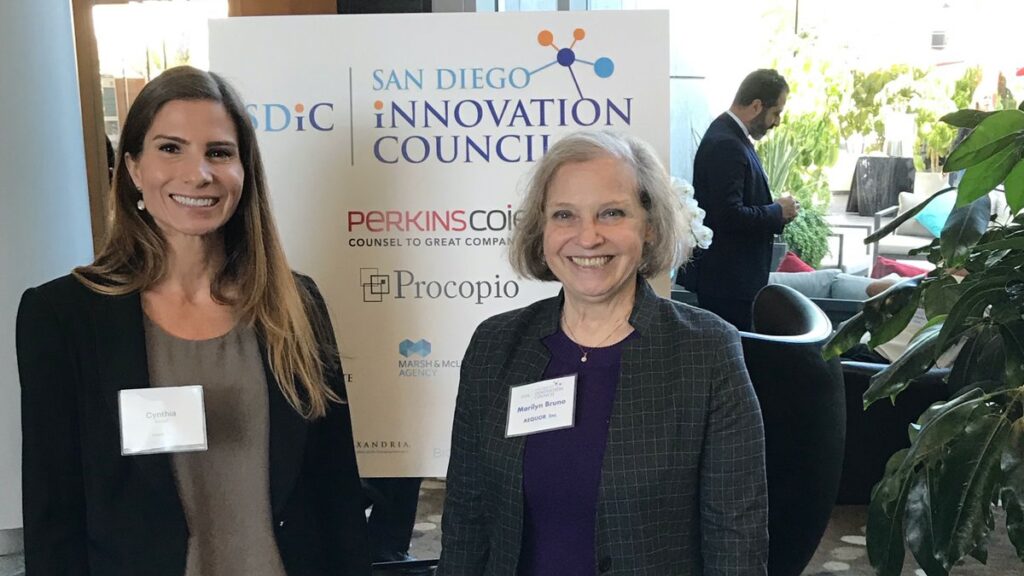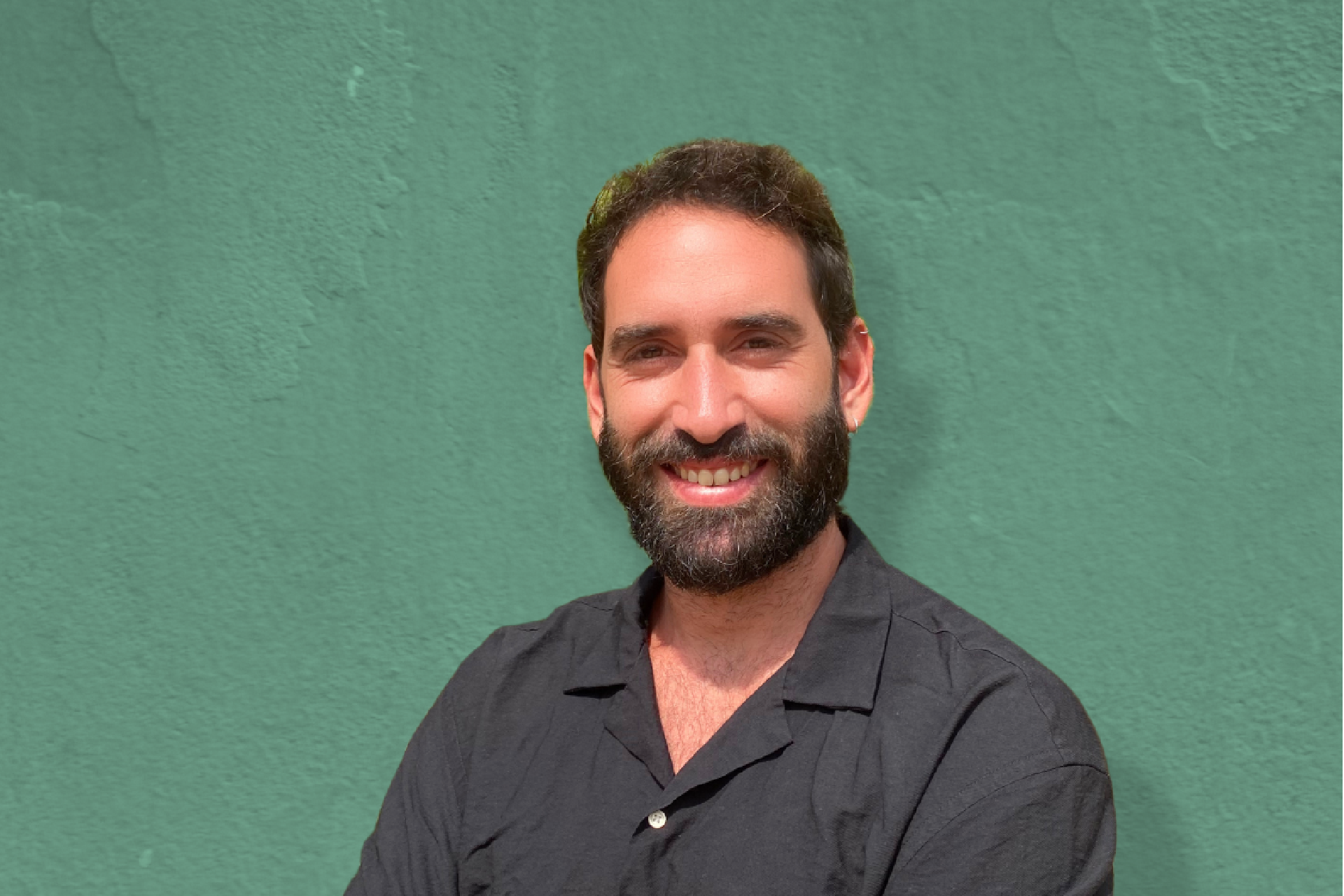Green Success Stories sits down with Marylin Bruno, an international entrepreneur and the CEO of Aequor, a company that discovered in the ocean non-toxic, “green,” eco-friendly, and sustainable chemicals and developed a portfolio of synthesized analogs that mimic them.
Marylin, thank you for being here. Tell us a little bit about you and your background as an international entrepreneur:
I am CEO of Aequor Inc, a company whose Founder Cynthia Burzell discovered novel natural chemicals in the ocean with remarkable antimicrobial, antibiofilm and antifouling properties. Aequor developed 30 novel analogs that mimic the natural chemicals and are earmarked as new drug candidates to kill the antimicrobial-resistant bacteria and fungi (the “Superbugs) at all stages of growth — including biofilm.
Aequor also developed 25 synthesized analogs that are EPA approved under the Toxic Substances Control Act (TSCA) as non-toxic and certified as green. These latter are our low hanging fruit. They can replace thousands of toxic biocides used in consumer, industrial and healthcare properties. We use them in our proprietary water treatments, surface cleaners and biofuel production enhancers. NASA was our first customer for water treatments used on board the International Space Station.

What is a fun fact about you?
Before joining Aequor, I had 4 very different careers in international business, trade, finance and law, each of which give me insights into the pressing problems that mankind faces today: climate change, pandemic threats, water/food security.
Why do you think climate change and sustainability is such an important topic today?
Our survival depends on reversing the damage to our atmosphere by drastically cutting CO2 emissions to halt global warming. The damage to our soils and water caused by the use/overuse of petrochemical has to be stopped immediately. These toxic biocides accumulate and persist in ecosystems and organisms for decades — up the food chain. Unfortunately, the $100 billion green chemical industry is a blip compared to the $6 trillion petrochemical market. But the overuse of biocides has triggered the emergence of antimicrobial-resistant bacteria and fungi that spread on surfaces, in food, water, in the air, etc., in addition through transmissions between humans and animals. These Superbugs kill up to 1 million people annually today and threaten pandemics that are predicted to kill 10 million people annually.
What do you envision your industry looking like 10 years from now?
I personally expect little change. Without sanctions against the major polluters and emitters, there are few economic incentives to significantly change the status quo. Voluntary gestures of “going green” are too little, too late.
What can the average person do to make a difference?
The average person has a vote to urge legislators to take the impending crises seriously: mandatory emissions reductions, sanctions and enforcement measures against polluters of air, soils and water (including companies along the biocide value chain), immediate emergency response preparedness against pandemic threats (non-toxic cleaners, effective disinfection, new antibiotics, etc.) Legislators need to understand that no current government can survive pandemics that overwhelm the healthcare systems, collapse economies, etc. COVID was a small glimpse of what is yet to come.
It is always exciting to talk to an international entrepreneur like Marilyn to learn about what we can do to make a difference when it comes to climate change.
If you are interested in hearing from more experts, tune into The Green Success Stories podcast.




